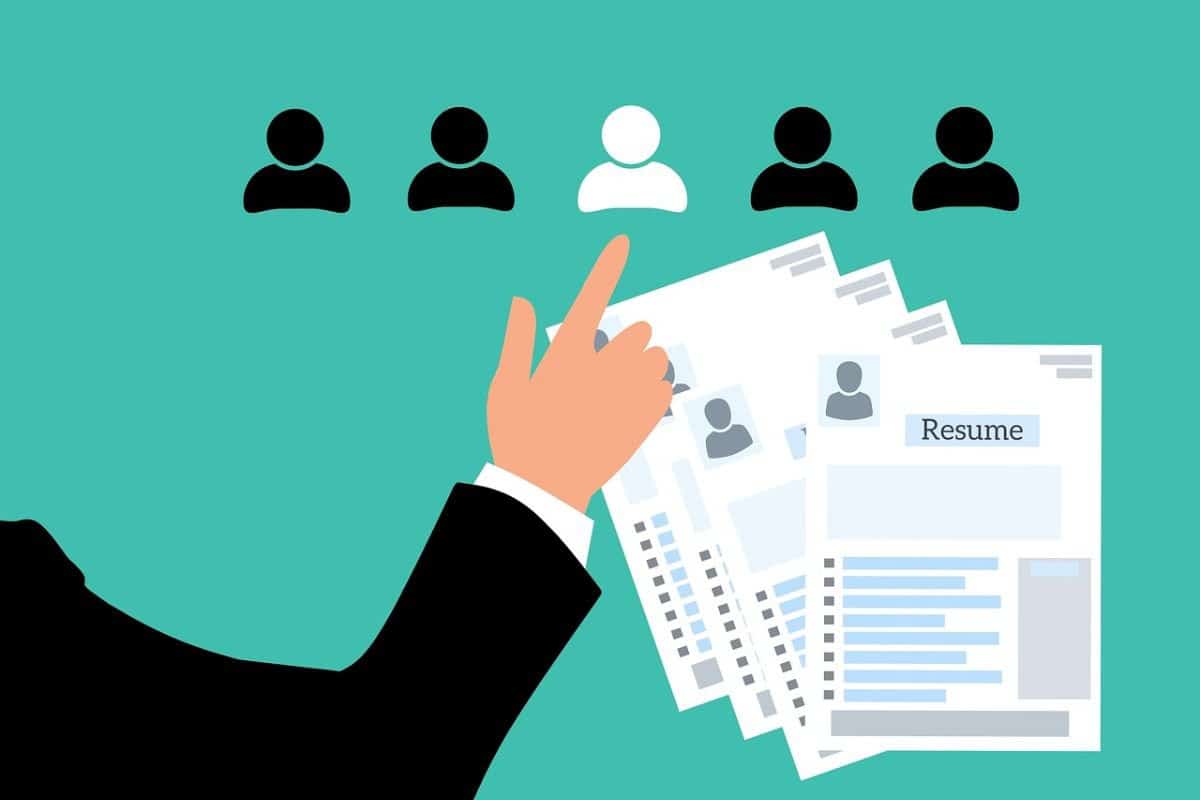I get it. It’s quite tempting to check that “I wish to opt out from having my resume reviewed by artificial intelligence as part of the application process.” box.
Who would want a cold, robotic system to decide their fate before a human even glances at the application? The thought sounds almost unfair.
But, is opting out of AI resume screening actually a wise strategy, or could it backfire? Like everything else, it always has its pros and cons.
To get you out of that dreadful “should I opt out of AI resume screening” thought, in this article, I’ll explain what AI resume review is and the potential benefits and risks of opting out of AI screening.
Key Takeaways
- Opting out of AI resume screening can help you if your resume is heavily designed, includes a visual portfolio or is unconventional due to career breaks or switches.
- Opting out also risks your application getting buried in slow manual reviews or overlooked altogether.
- Don’t rush to opt out unless you really need a human eye on your resume. Most recruiters rely on AI to speed up hiring, so a well-formatted, AI-friendly resume will likely land you more interviews.
- Use Undetectable AI career tools to build AI-friendly resumes, humanize AI-generated content, create tailored cover letters, and automate job applications.
What Is AI Resume Screening?
AI resume screening means the use of machine learning algorithms to intelligently analyze resumes and help you zero in on high-potential candidates.
The best thing about AI is that it learns as you go.
So unlike an applicant tracking system that sticks to static filters and keyword matching i.e., (“must have 5 years of experience” or “must include the word ‘Python’”), AI resume screening adjusts based on your feedback.


Never Worry About AI Detecting Your Texts Again. Undetectable AI Can Help You:
- Make your AI assisted writing appear human-like.
- Bypass all major AI detection tools with just one click.
- Use AI safely and confidently in school and work.
The more you use it, the better it gets.
Now, there are 3 common variations of AI resume screening.
- Keyword-based: It is a classic text-matcher but it understands how they’re used. Two candidates can both have Python mentioned in their resume, but it will differentiate between the one who led a project and another who just took a two-week course on it.
- Semantic-based AI: This type of screening digs into sentence structure and meaning, even if the exact keywords are not used. It can figure out that “managed a team of 12 engineers to deliver X” is a leadership example even though the keyword “team lead” isn’t explicitly stated in the resume.
- Statistical AI: It picks up on stats like time in role, skill density, or frequency of certain career moves. Over time, it notices which candidates end up getting interviews and starts to prioritize similar profiles.
Pros of Opting Out of AI Resume Screening
Before I give you a clear stance on “Should I opt out of AI resume screening,” here’s some of its benefits for job applicants you must know.
AI will not understand that managing your family’s bakery during COVID taught you more about operations, budgets, and customer service than any internship.
Or that a career break in your resume is because you took a year off to care for a sick parent. Humans might recognize that resilience.
Most AI screening systems are trained to parse plain text. If your resume looks anything like a digital portfolio for a creative field (design, marketing, content creation, UX, etc.), you should opt out to ensure a human actually gets what you’re going for.
If your experience looks unconventional or your strengths don’t show up in bullet-point keywords, opting out will help you avoid a situation where the algorithm just throws up its hands and moves on.
Lastly, AI is only as fair as the data it’s trained on. And that data could be biased.
If the system was trained on resumes from mostly Ivy League grads or people with years of experience in the same role, it would prioritize candidates with similar profiles.
By opting out, you’re betting on a human’s ability to assess your potential beyond what the algorithm considers “normal.” And in some cases, that’s a bet worth making.
Cons of Opting Out of AI Resume Screening
Opting out of AI screening comes with its own risks too.
The reality check is recruiters are busy, and when you opt out, your resume doesn’t go into that neatly ranked pile.
Instead, it gets kicked over to a “manual review” queue, which, honestly, may or may not get checked anytime soon.
You’re also likely giving up visibility across multiple roles. Many AI systems look for overlap between your skills and other openings within the company.
You’re essentially removing yourself from that wider consideration set by opting out of AI screening.
There’s also the issue of speed. AI-driven processes trigger the next step in the hiring workflow automatically, i.e., sending a skills test or scheduling an interview.
If you’re outside that system, every step will require manual effort from someone on the team and likely slow down the process for you.
When you’re not sure your resume can survive the bots, a smarter move is to work with the system instead of around it.
Try using a tool like Undetectable AI’s AI Resume Builder to create a resume optimized for applicant tracking systems (ATS) while still sounding very natural and human.
Should You Opt Out of AI Resume Screening?
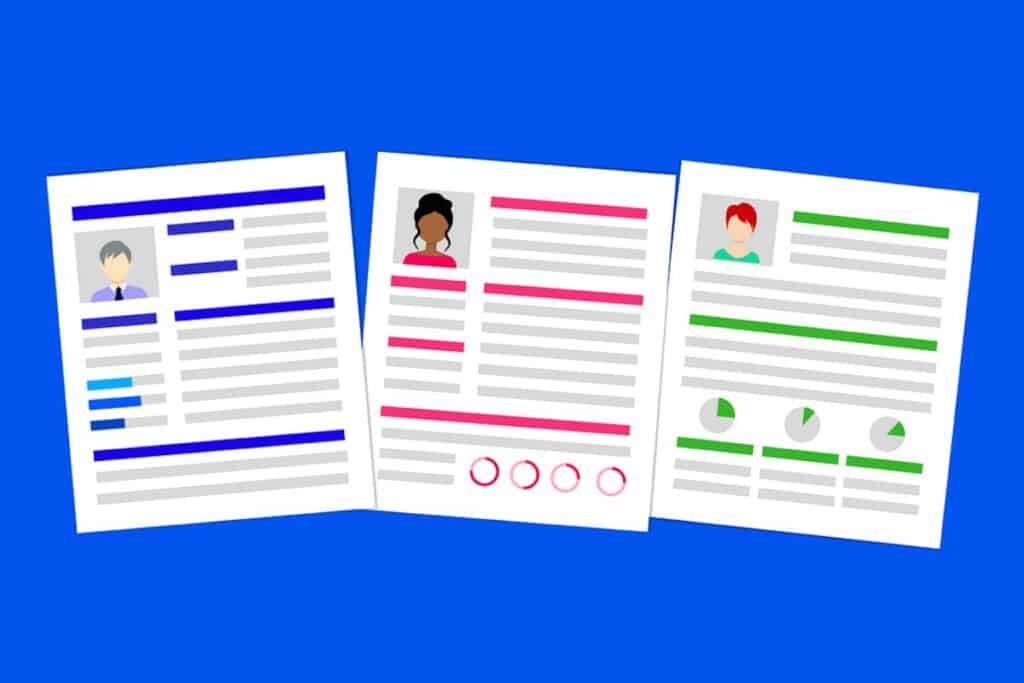
Now, to get back to your question, “should I opt out of AI resume screening,” the short answer is, probably not.
Unless your resume has creativity that needs a human brain to fully appreciate it, opting out of AI resume screening could actually do you more harm than good.
While AI adoption among job seekers may below, AI screening among recruiters is the norm now. It’s how most recruiters keep from drowning in the flood of applications.
If your resume is clean, keyword-friendly, and tailored to the job, you increase your chances of getting that interview email faster with AI screening.
So, you should only opt out if you really, really want a human to see your resume and you’re okay with it, possibly sitting in a “to-review” folder for a while. Otherwise, work with the system.
Tips for Making Your Resume AI-Friendly
If you want your resume to survive AI screening, it needs to be less of a design experiment.
Stick to a clean, one-column layout since ATS (Applicant Tracking Systems) are easily confused by columns, tables, and graphics.
Include standard section headers like “Work Experience,” “Education,” and “Skills.” Be precise with your language.
Scan the job description like a hawk and use the exact keywords and phrases they’ve listed.
Also, make sure your job titles and dates are formatted consistently and logically in a MM/YYYY format. Save the file as a .docx or a clean, text-based PDF.
And before hitting “submit,” run it through an ATS checker.
How Undetectable AI Tools Can Help
Writing resumes isn’t a lot of fun. It’s time-consuming, and somehow your impressive career ends up sounding like a sad list of tasks.
Fortunately, Undetectable AI tools are a major help.
The Resume Builder offers pre-optimized templates that are both recruiter-friendly and ATS-proof.
All you need to do is select a template of your choice and input your details, and the tool will create a tailored resume for each job, slotting in the right keywords and highlighting the most relevant skills.
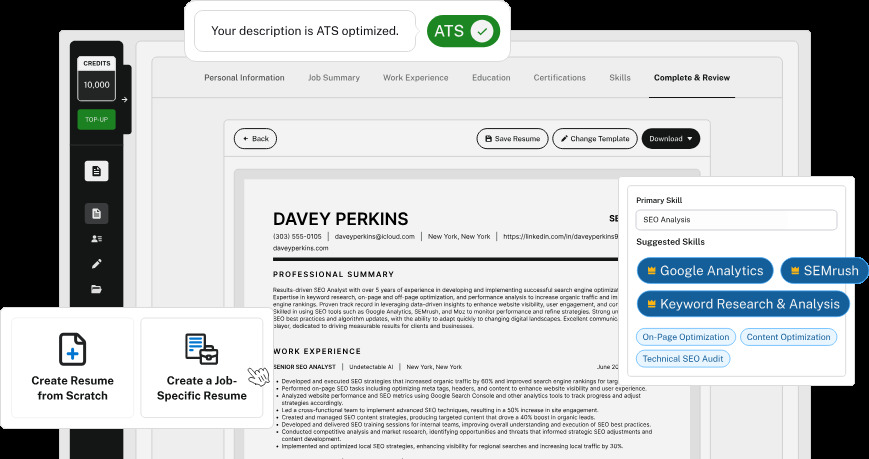
Plus, it uses a Humanizer feature.
Even if you use AI to write parts of your resume, the Humanizer rewrites that content to sound like, well, you. Basically, you get the efficiency of AI without sounding like it.
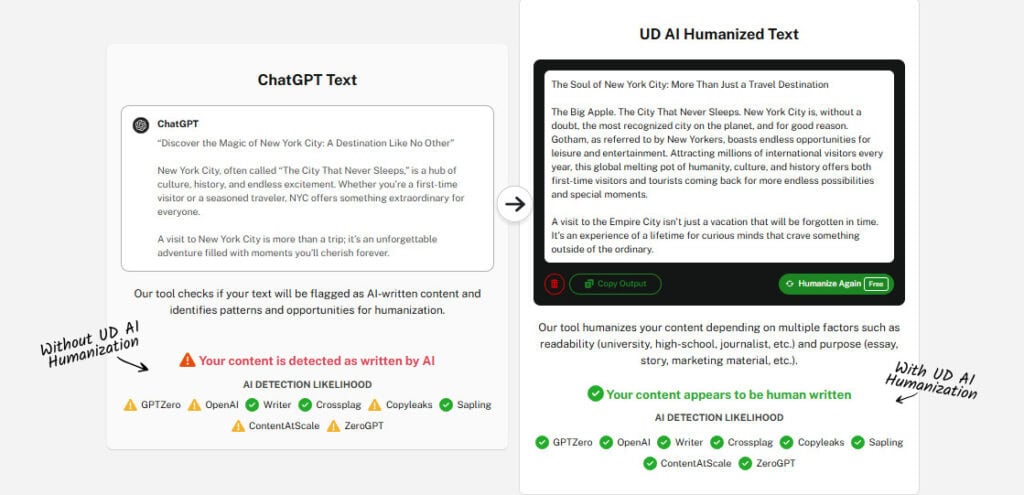
Undetectable AI also offers an AI Cover Letter Generator, which scans job descriptions, understands your work history, and creates personalized letters that sound like you know exactly why you want the job (even if you just found the listing five minutes ago).
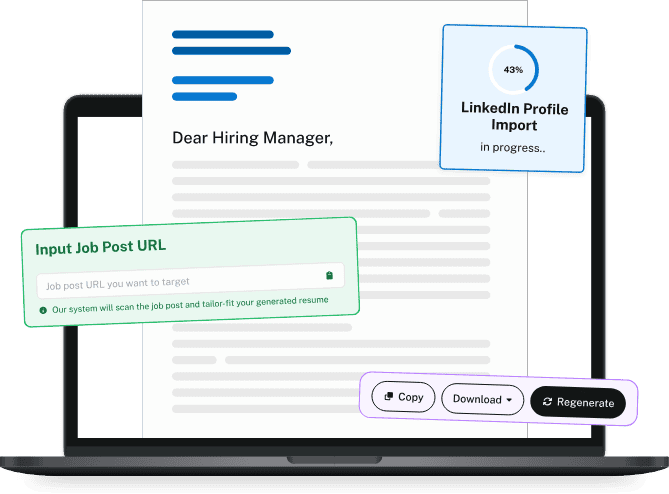
Then there’s the Smart Applier tool for those of us who have applied to 50+ jobs and heard back from maybe two.
It automates the job search process and amplifies it. Just upload your resume and link your LinkedIn profile, and it pulls relevant job listings.
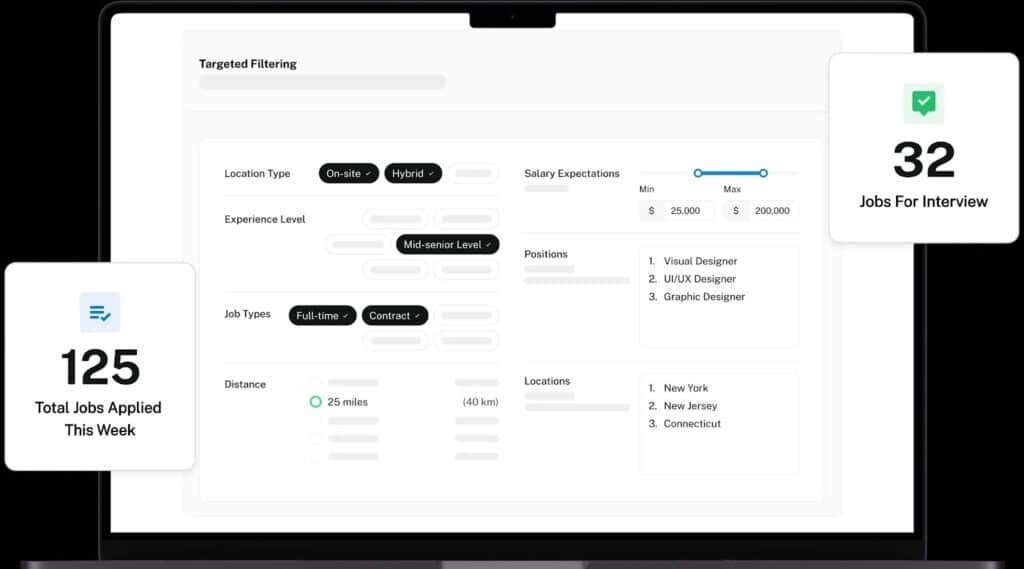
Then, it auto-applies to the best-fit jobs while you’re asleep or watching Netflix.
It also has the real-time updates feature, so you’ll know when someone opens your resume or wants to talk.
Discover how our AI Detector and Humanizer can help—find them in the widget below!
FAQs About AI Resume Screening
How do I know if my resume will be AI screened?
If your resume will be AI screened, the job description often mentions it explicitly.
But whenever you’re applying online through a company’s career page or a job board, chances are your resume will be screened by an ATS.
Should I format my resume differently for AI?
Yes, you should format your resume using a clean, single-column layout, standard section headers, and keyword-rich content for AI screening.
Make sure to avoid graphics and tables.
Is it bad to opt out of AI screening?
Opting out of AI screening isn’t necessarily bad, but it’s a little risky.
Unless your resume is highly unconventional and you’re confident it needs a human review, skipping AI screening may reduce your chances of being seen at all.
Can AI detect if my resume was AI-written?
Yes, AI can usually detect if your resume was AI-written.
However, if you humanize your AI-written resume with personal context and natural language, you can avoid being detected.
Conclusion
All in all, opting out of AI resume screening isn’t usually the best move.
After all, AI is here to stay and is only getting smarter, and you can’t really escape it in the future.
That said, if your resume is truly unconventional with graphics or you believe your story needs a human’s eye from the start, opting out makes sense.
But for most of us, the smarter play is to create AI-friendly resumes and use AI to get a job.
Undetectable AI tools will help you pass AI checks while sounding authentically human and give you the best shot at making it onto a recruiter’s desk.
Give Undetectable AI a try today.
